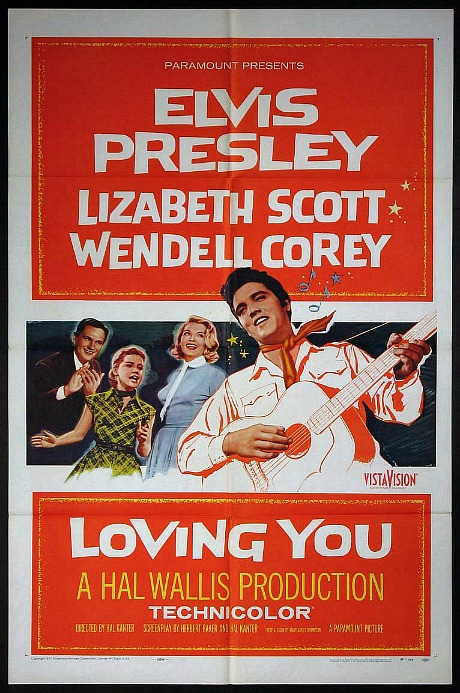Hollywood Elsewhere departs for the 2015 Sundance Film Festival (1.22 thru 2.1) this coming Wednesday, or a day early. I like to get all set up and settled in before it begins. Here, in any event, is a boilerplate rundown of the films everyone else is talking about. I’ve just average, common too — I’m just like him and the same as you. If there’s something I should add to this list of 25, please advise. I never seem to fit in more than 25 films over my usual eight-day period (I return around noon on Friday, 1.30). I’m posting these films roughly in order of personal interest:
Last Days in the Desert (dir: Rodrigo García — cast: Ewan McGregor) — Yeshua, plumbing the depths of his soul in the Judean desert, runs into a mirror-image Stan. Shot by the legendary Emmanuel Lubezki (Birdman, Gravity, Children of Men).
Mississippi Grind (dir. Ryan Fleck and Anna Boden, cast: Ryan Reynolds, Ben Mendelsohn) — Shrewd poker guy and a less-focused drifter gamble their way across the States to a legendary high-stakes game in New Orleans. James Toback told me last March this is a loose reimagining of Robert Altman‘s California Split. Toback performed a cameo in which he belts Mendelsohn. Grind also stars Sienna Miller, Analeigh Tipton and Alfre Woodard.
Drunk Stoned Brilliant Dead: The Story of the National Lampoon (dir: Douglas Tirola) — Based on the 2010 Rick Meyerowitz book, charting the entire arc of the National Lampoon. Presumably featuring stories about and recollections of NatLamp all-stars Doug Kenney, Henry Beard, Michael O’Donoghue, Tony Hendra, Sam Gross, Sean Kelly, Anne Beatts, Chris Miller, Gerry Sussman, P.J. O’Rourke, Bruce McCall, Stan Mack, M.K. Brown, Shary Flenniken, et. al.
D-Train (d: Jarrad Paul, Andrew Mogel, cast: Jack Black, James Marsden) — Said to be a “dark” comedy about an ex-geek (Black) attending 20th anniversary high school reunion and hooking up with one of the popular high school hot shots of yore (Marsden). Wild night is fallin’.
A Walk in the Woods (d: Ken Kwapis, cast: Robert Redford, Nick Nolte, Emma Thompson) — All opening-gala films need to be regarded with caution. (No prejudice — just speaking from experience.) Based on travel writer Bill Bryson‘s true-life account, it’s about sturn und drang as three friends hump it along the 2,100-mile Appalachian Trail.
True Story (d: Rupert Goold, cast: Jonah Hill, James Franco) — Based on real-life tale about a imprisoned killer (Franco) attempting to steal the identity of a discredited New York Times reporter (Hill). There’s something about this film that feels subdued. Can’t put my finger on it.
Mistress America (d: Noah Baumbach, cast: Greta Gerwig, Lola Kirke). Manhattan relationship shake about a college freshman (Kirke) hanging and galavanting about with her soon-to-be stepsister (Gerwig). Formerly known as “Untitled Public School Film” something or other; been in the can forever.
Kurt Cobain: Montage of Heck (d: Brett Morgen) — Authorized doc on late Kurt Cobain from his early days in to his success with Nirvana and the downfall from smack. Featuring Cobain, Courtney Love, Dave Grohl.
Read more





